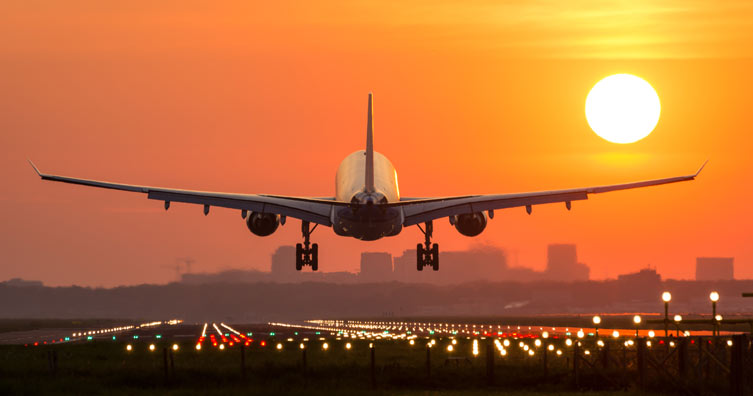May 15, 2025
The Future of Flight Booking: Innovations and Trends
As technology evolves, the flight booking process is becoming more streamlined and efficient. AI-powered tools are helping airlines and travel agencies offer personalized recommendations and dynamic pricing, ensuring customers get the best deals. Another major trend is the rise of mobile-first booking systems. With most consumers now using smartphones for travel arrangements, apps are focusing on features like real-time notifications, geolocation services, and easy payment options. The future of flight booking promises increased convenience and more flexibility for travelers.
One of the most notable changes is the shift toward sustainable travel. Airlines and booking platforms are now prioritizing eco-friendly options like carbon-neutral flights and green-certified accommodations. As environmental concerns grow, travelers are seeking responsible tourism choices, which is prompting the industry to adapt to these preferences.
As travelers become more conscious of their environmental impact, the demand for sustainable options continues to grow. Airlines are increasingly integrating eco-friendly initiatives, such as fuel-efficient aircraft, carbon offset programs, and partnerships with sustainability-focused organizations. These measures not only help reduce carbon emissions but also resonate with environmentally aware customers who are keen on supporting companies that prioritize green practices.
Additionally, the use of big data and machine learning algorithms is improving flight booking systems' ability to predict trends and offer customers personalized travel options. By analyzing vast amounts of data, airlines can predict fare fluctuations, recommend the best times to book, and even suggest alternative routes that may be more cost-effective or less carbon-intensive. This level of personalization is reshaping the booking experience, making it more intuitive and tailored to individual needs, while simultaneously driving better customer satisfaction and retention.


